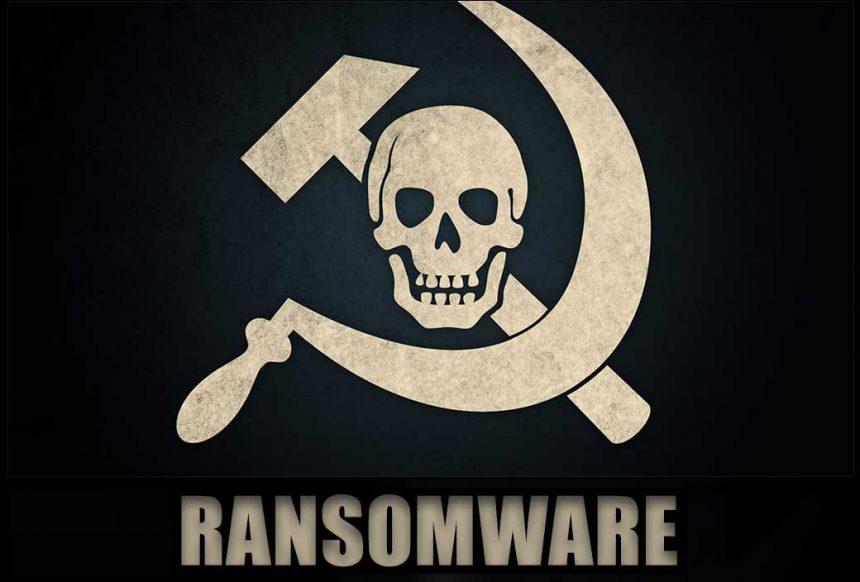Ransomware is a type of malicious software that restricts access to a computer system or its data, often by encrypting files, and demands a ransom payment to restore access. This form of malware is particularly destructive as it can lock users out of their critical files and systems, causing significant disruption. Ransomware attacks can impact individuals, businesses, and organizations, making it a pervasive threat in the cybersecurity landscape.
Overview of Cunt Ransomware
Cunt ransomware is a severe threat that targets users by encrypting their files and rendering them inaccessible. Upon infection, Cunt ransomware uses a sophisticated encryption algorithm to lock files, which are then appended with a specific extension, such as .cunt, indicating their compromised state. This makes the files unusable until the ransom is paid.
How It Gets Installed
Cunt ransomware typically infiltrates systems through deceptive tactics. Common methods include phishing emails containing malicious attachments or links, drive-by downloads from compromised websites, or exploiting vulnerabilities in outdated software. Once the ransomware is executed, it rapidly encrypts files across the system.
Post-Installation Actions and Consequences
After installation, Cunt ransomware immediately begins encrypting files, making them inaccessible to the user. The encryption process affects various file types, including documents, images, and other important data. The ransomware then leaves a ransom note on the infected system, usually in the form of a text file or desktop wallpaper, detailing the payment instructions and demanding a ransom, typically in cryptocurrency, to decrypt the files.
Ransom Note Overview
The ransom note left by Cunt ransomware usually contains threatening language, instructions on how to pay the ransom, and warnings against attempting to decrypt the files independently. It often directs victims to a specific website or contact point where they can negotiate the ransom. The note is designed to create urgency and pressure the victim into complying with the demands.
Text presented in this pop-up:
All your files have been encrypted!
Don’t worry, you can return all your files!
If you want to restore them, write to the mail: d**kdriver777@cock.li YOUR ID –
If you have not answered by mail within 12 hours, write to us by another mail:d**kdr@cyberfear.com
Free decryption as guarantee
Before paying you can send us up to 3 files for free decryption. The total size of files must be less than 3Mb (non archived), and files should not contain valuable information. (databases,backups, large excel sheets, etc.)
How to obtain Bitcoins
Also you can find other places to buy Bitcoins and beginners guide here:
hxxp://www.coindesk.com/information/how-can-i-buy-bitcoins/
Attention!
Do not rename encrypted files.
Do not try to decrypt your data using third party software, it may cause permanent data loss.
Decryption of your files with the help of third parties may cause increased price (they add their fee to our) or you can become a victim of a scam.
Purpose and Threat
The primary goal of ransomware like Cunt is financial gain. By encrypting files and demanding a ransom for their release, attackers exploit the victim’s need to access their data. This can lead to significant financial loss, operational disruption, and potential data breaches. The term “ransomware” reflects its modus operandi: it holds data hostage and demands payment for its release.
Symptoms of Cunt Ransomware Infection
If your computer is infected with Cunt ransomware, you may notice several symptoms:
- Files with the
.cuntextension. - Inaccessible or unreadable files.
- Presence of a ransom note or message demanding payment.
- Slower system performance or errors when accessing files.
Detection Names
To determine if your computer is infected with Cunt ransomware, you can look for the following detection names:
- “Cunt Ransomware”
- “CuntCrypt”
- “CuntLocker”
Similar Threats
Similar ransomware threats to be aware of include:
- CryptoLocker
- WannaCry
- Ryuk
- Locky
Removal Guide
- Disconnect from the Internet: Immediately disconnect your computer from the internet to prevent the ransomware from communicating with its command-and-control server and spreading further.
- Boot into Safe Mode: Restart your computer and boot into Safe Mode. This limits the operations of the ransomware and helps prevent it from loading during startup.
- Use Anti-Malware Software: Download and install a reputable anti-malware tool. For comprehensive protection and removal, we recommend using SpyHunter. It can scan your system for the ransomware and remove it effectively. You can download SpyHunter here and run a free scan to identify any threats.
- Remove Ransomware Files: Use the anti-malware tool to quarantine and delete the ransomware files. Ensure that any related files or components are also removed.
- Restore Your Files: If you have backups of your files, you can restore them once the ransomware has been removed. Make sure to check the integrity of your backups before restoring them.
- Update Your System: Ensure that your operating system and all software are up-to-date with the latest security patches. This helps prevent future infections.
- Change Passwords: Change passwords for accounts accessed from the infected system, as they may have been compromised.
Prevention Tips
To prevent future ransomware attacks:
- Regular Backups: Regularly back up your data and ensure backups are stored offline or in a secure cloud service.
- Update Software: Keep your operating system, applications, and security software updated to protect against vulnerabilities.
- Be Cautious with Emails: Avoid opening attachments or clicking links in unsolicited emails.
- Use Security Software: Install and maintain reputable security software to detect and block malware.
For enhanced protection and removal of ransomware, download SpyHunter and scan your computer for free. SpyHunter offers robust malware detection and removal capabilities, helping to safeguard your system from threats like Cunt ransomware.





